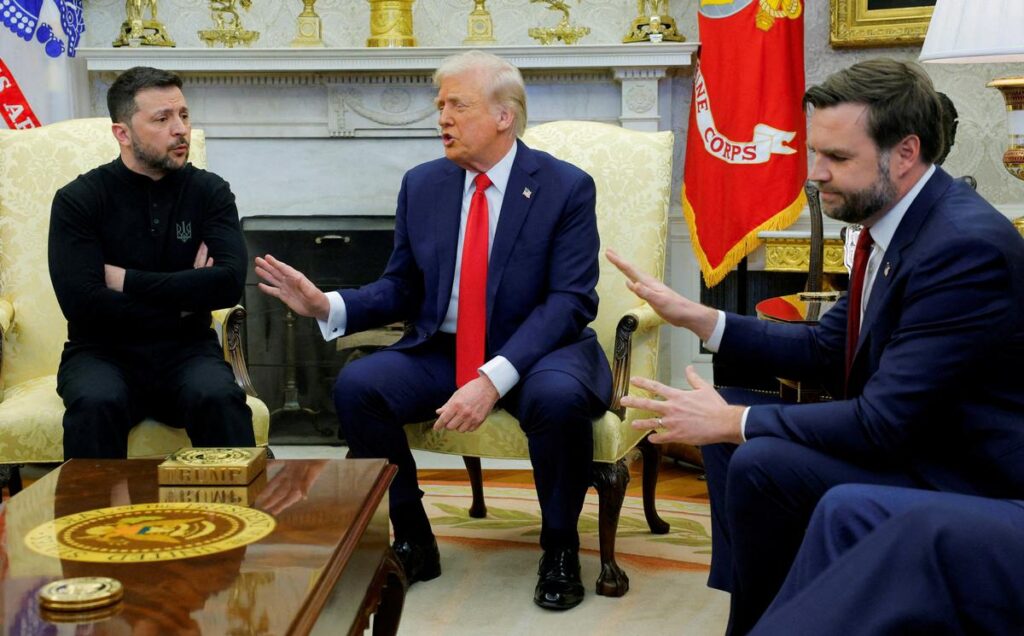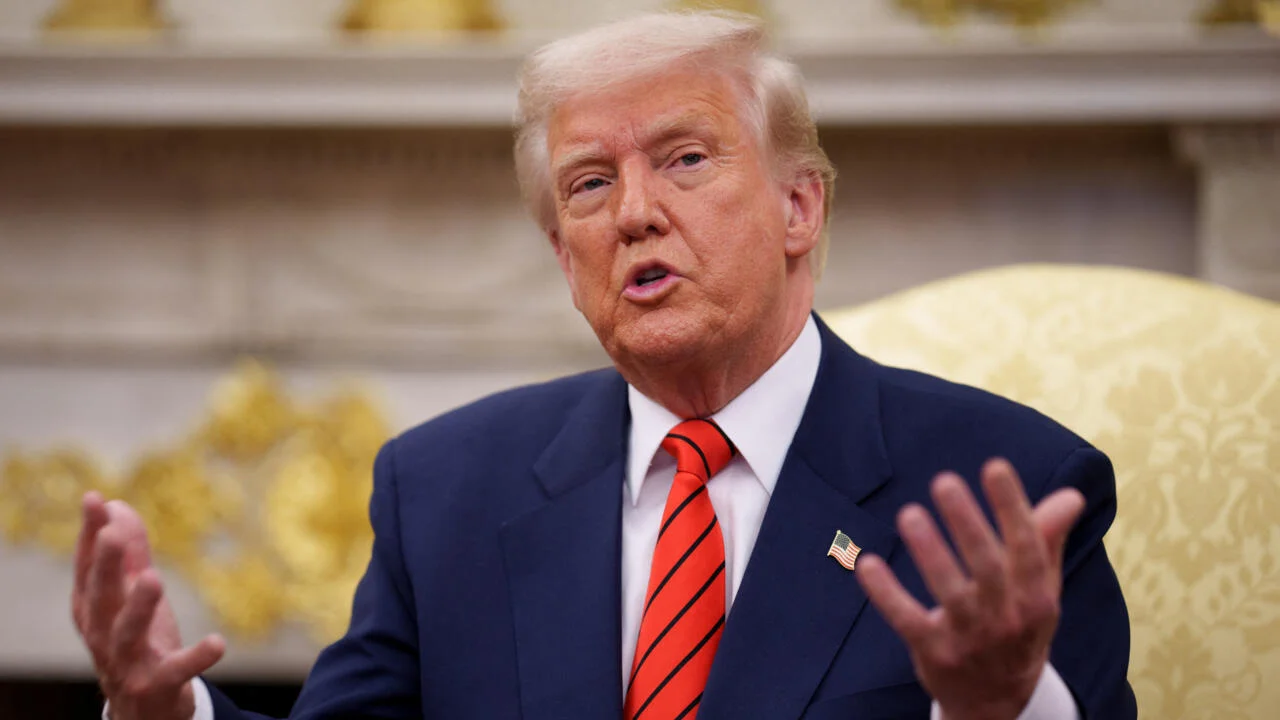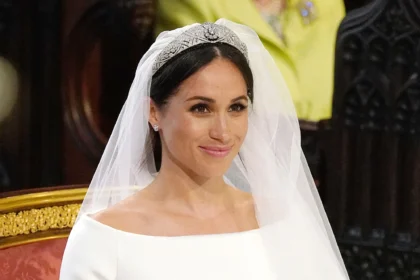WASHINGTON — In a major shift in U.S. diplomatic strategy, President Donald Trump has issued a stern ultimatum, warning that the United States may pull out of peace negotiations aimed at ending the ongoing war in Ukraine unless both Moscow and Kyiv demonstrate quick progress. The threat marks a significant change in tone, following recent remarks from Secretary of State Marco Rubio in Paris that the U.S. would “move on” if peace could not be achieved soon.
Trump’s Urgent Call for Resolution in Ukraine
Speaking from the Oval Office, Trump confirmed the urgency of the situation. When asked about the potential for pulling out of talks, he said, “Yeah, very shortly,” emphasizing the need for a swift resolution but refraining from specifying a timeline. Despite his continued push for a ceasefire, Trump’s efforts, including a thaw in communications with Russian President Vladimir Putin, have yet to yield any significant results.
“We want to get it done,” Trump added, stressing that both Russia and Ukraine must take steps toward peace.
Rising Tensions Amidst Ongoing Conflict
As the conflict persists, fresh Russian strikes have targeted Ukraine’s northeastern regions of Kharkiv and Sumy, resulting in casualties. Russian forces also confirmed that the temporary halt on attacks against Ukraine’s energy infrastructure had officially ended, signaling an escalation in hostilities.

U.S. Secretary of State Marco Rubio reiterated the growing frustration in Washington during high-level talks in Paris. He stated that the U.S. needed to determine quickly if a ceasefire was feasible in the short term, warning that if progress was not made, the U.S. would “move on” from the negotiations.
Diplomatic Struggles and Divisions
Despite Trump’s tough rhetoric, U.S. Vice President JD Vance remained hopeful about a diplomatic resolution during a trip to Italy, expressing optimism that peace could still be achieved despite the war now entering its third year.
Trump’s outreach to Russia, however, has raised concerns in Kyiv and created tensions with U.S. European allies. A reported heated Oval Office confrontation in February between Trump, Vance, and Ukrainian President Volodymyr Zelensky only added to the growing discord. Trump continues to place partial responsibility for the invasion on Zelensky’s leadership.
Zelensky Condemns Russian Attacks
Amid the escalating violence, Ukrainian President Zelensky condemned Russia’s attacks, particularly those that occurred just days before the Easter holiday. “This is how Russia started Good Friday — with ballistic missiles, cruise missiles, Shahed drones. A mockery of our people and cities,” Zelensky said on Telegram.
U.S.-Ukraine Deal in the Works
Despite the ongoing challenges in diplomatic talks, Ukraine is set to sign a major agreement with the United States next week. The deal will grant the U.S. access to Ukraine’s valuable mineral resources, further strengthening the economic ties between the two nations.
Meanwhile, European powers are seeking a larger role in the negotiations, especially as the Trump administration pressures them to share more responsibility for Ukraine’s security.
Growing Concerns Among Allies
As discussions continue, some of America’s allies are expressing concern over U.S. envoy Steve Witkoff’s alignment with Russian talking points, particularly after his recent meeting with Putin. However, France described Thursday’s talks in Paris as the beginning of a “positive process” and a step toward finding common ground.
As the international community watches closely, the next few days could be pivotal in determining whether a peace agreement is possible — or if the U.S. will indeed “move on” from the negotiations.




